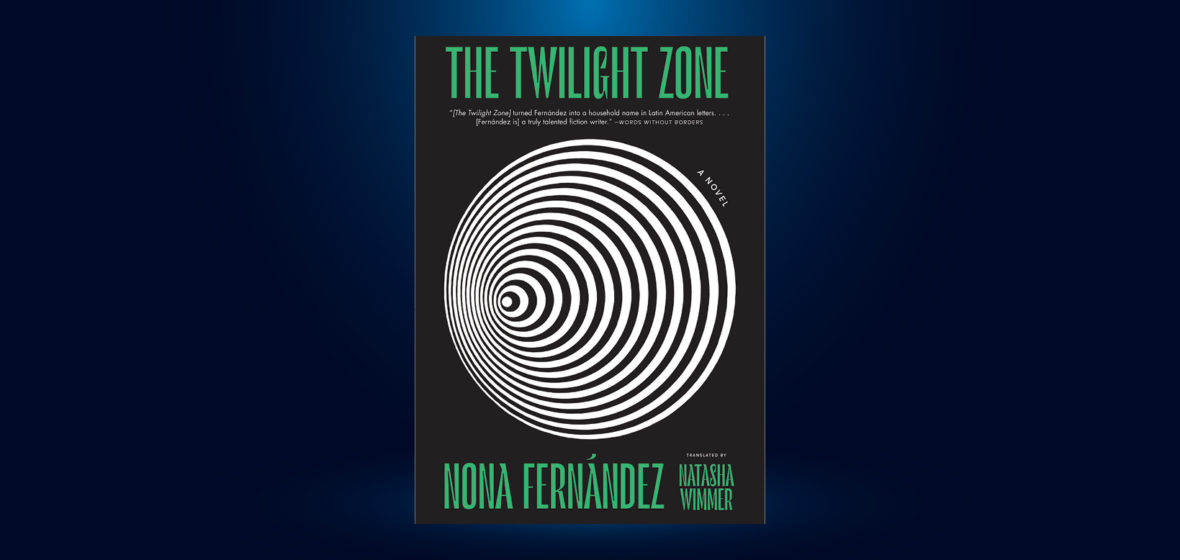The opening pages of The Twilight Zone feels like an unspooling mystery thriller about to begin. But events in this brilliant blend of memoir, long-form journalism and fiction are terrifyingly true. In a series of vignettes, Fernandez – her words masterfully translated from Spanish by Natasha Wimmer– unravels the stories of just a handful of those affected and disappeared during the dictatorship of Augusto Pinochet in Chile.
Young and old, parents and children, those who were stolen from buses, others taken from their homes in the dead of night or snared into traps and arrested on non-existent allegations. The novel begins with a member of the Chilean secret police walking into the office of a dissident magazine in August 1984. He wants to confess, and soon his face, with the words “I tortured people” adorn the cover.
Fernandez, an actress and writer, steadily reveals the journey of the secret officer (who is referred to primarily throughout the book as “the man tortured people”) from his time as an agent of torture and unconscionable inaction, to a life on the run and in exile from the authorities he betrayed in telling his story.
The book cleverly blends popular culture references to devastating effect. Who knew it was possible to feel choked to tears when reading lines from Billy Joel’s “We Didn’t Start the Fire” or recalling scenes from Marty McFly’s adventures in Back to the Future?
All too easy when the lines “no, we didn’t light it, but we tried to fight it” are a punctuation point during a commemoration event for three men murdered in the Caso Degollados (the “slit throat” case), a service attended by many of the children of those disappeared in the regime. Fernandez lays bare the compounding layers of trauma, how those who grew up in the terror of the regime live with its legacy.




